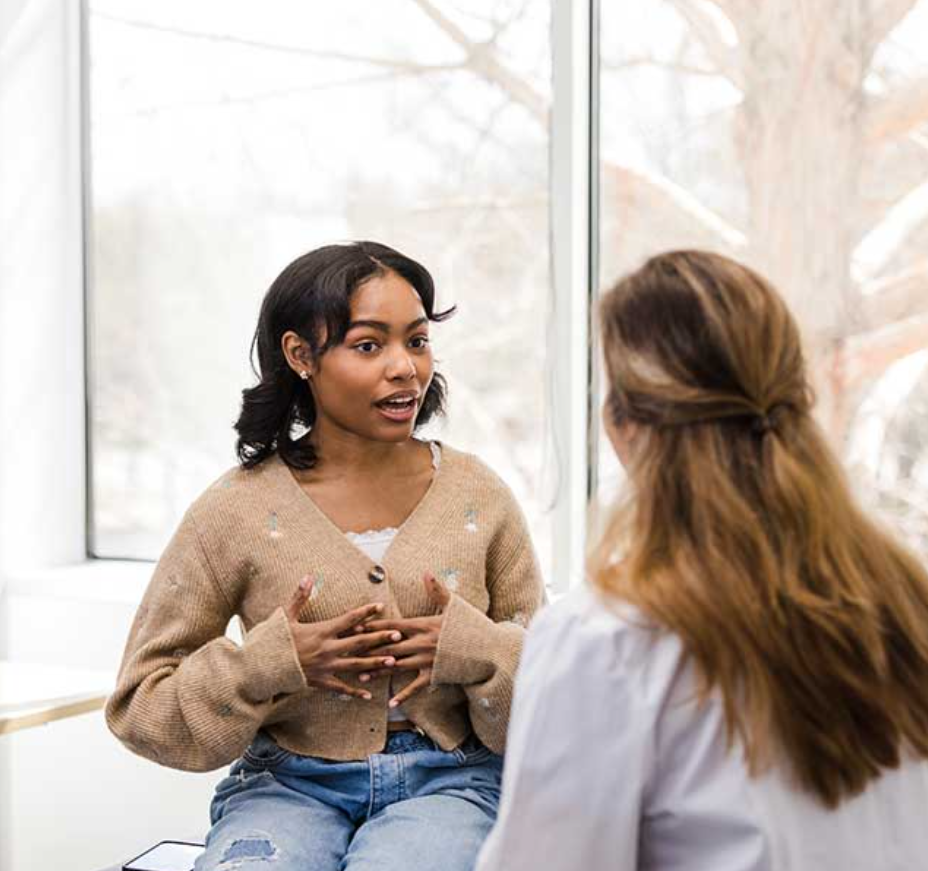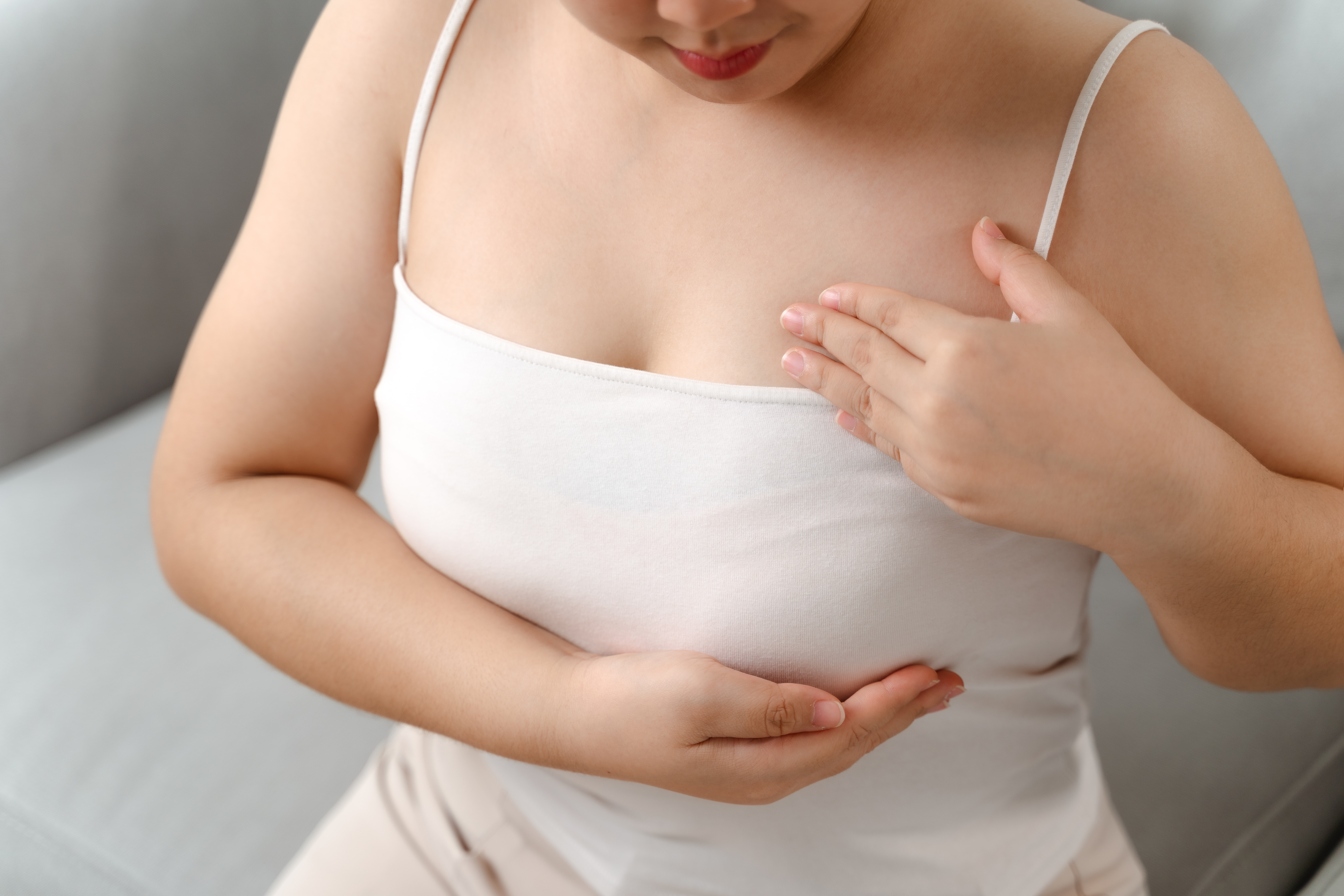Study Shows 13.6% Of Breast Cancer Patients In Malaysia Are Under 40
Recent statistics reveal that breast cancer diagnoses in young adults are rising by 2% annually.
Bea, a 28-year-old manager at a leading accounting firm in the Klang Valley, is the epitome of a modern, health-conscious professional
Despite her demanding job, she strives to maintain a healthy lifestyle. Following a colleague's recommendation, she underwent the Executive Health Screening offered by her company.
What began as a routine check-up soon turned into a distressing ordeal when a seven-millimeter, non-palpable lump in her right breast, detected via ultrasound, was diagnosed as stage one breast cancer.
This scenario is becoming increasingly common in the field of breast surgery.
Recent statistics reveal a troubling trend: breast cancer diagnoses in young adults (under 40) are rising by 2% annually
A local study involving over 800 breast cancer patients found that 13.6% of the cohort was under 40. Additionally, breast cancer in younger adults tends to be more aggressive, making it the leading cause of cancer-related death in this age group.
For many young adults, receiving such a diagnosis is particularly devastating as it disrupts their plans for the future, including family building and career development.
Raising awareness and promoting proactive health behaviours among young adults is crucial. Understanding and mitigating modifiable risk factors can significantly lower the risk of developing breast cancer.
A healthy lifestyle, characterised by regular physical activity and a balanced diet, can reduce obesity and limit unnecessary estrogen exposure. Other protective measures include having a full-term pregnancy before age 30 and breastfeeding.
Furthermore, being aware of a family history of breast or ovarian cancer can guide decisions about birth control and fertility treatments.
Awareness should begin as early as the mid-teenage years
Educating young women about breast self-examination, ideally during days seven to ten of their menstrual cycle, can help them become familiar with the natural texture of their breasts. Early detection of any changes, such as lumps, nipple discharge, or persistent breast pain, can lead to timely medical evaluation.
In young adults with dense breast tissue, mammography is not the most effective screening tool. Instead, ultrasounds are commonly used to investigate breast issues. While an ultrasound is a useful diagnostic tool, it is operator-dependent, making it crucial that it is performed by a certified professional to avoid inaccurate readings, unnecessary anxiety, or missed diagnoses.
Any suspicious lesions should be biopsied to ensure accurate diagnosis and guide treatment planning.
Managing breast cancer in young adults presents unique challenges, particularly due to the interruptions it causes in their active and productive lives
Key considerations include fertility preservation, family planning, body image, and genetic predisposition. These discussions can be overwhelming, so it is often beneficial to break down information into multiple sessions to make the process more manageable.
In summary, the increasing incidence of breast cancer among young adults underscores the importance of early diagnosis through heightened awareness and proactive health practices. By fostering these behaviors, we can minimise disruptions and support young adults in navigating this challenging diagnosis.
The information provided is for educational and communication purposes only and it should not be construed as personal medical advice. Information published in this article is not intended to replace, supplant or augment a consultation with a healthcare professional regarding the reader's own medical care.
This story is a personal opinion of the writer and does not necessarily reflect the position of SAYS.
You too can submit a story as a SAYS reader by emailing us at [email protected].
Dr Nani Harlina is a Consultant Breast & Endocrine Surgeon at Sunway Medical Centre.
Visit The Pink Ribbon to learn more about breast cancer, raise awareness, and provide support to those who need it most!



